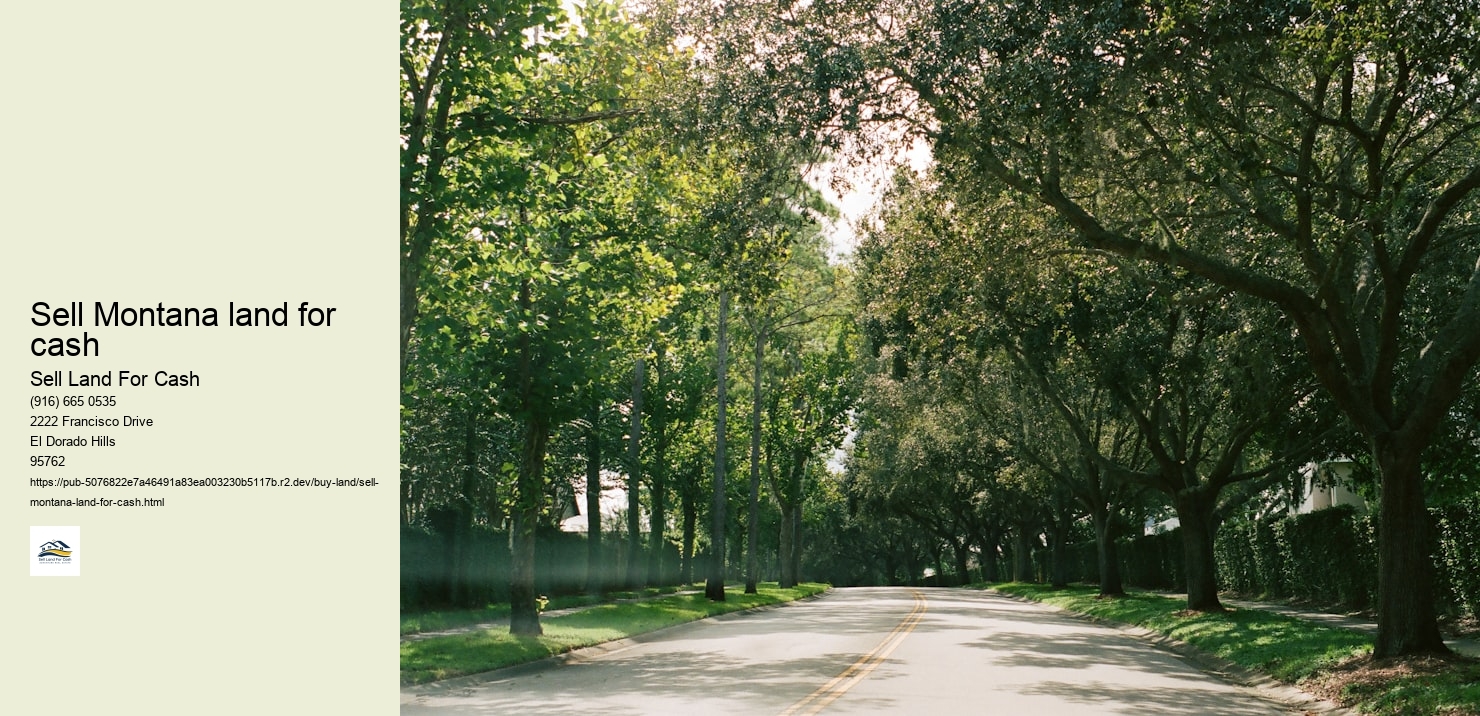

Montana's appeal to land buyers runs as deep as the Missouri River that carves its way through this majestic state. The allure stems from a combination of factors including accessibility to nature, privacy, and the promise of a simpler way of life that's becoming increasingly rare. While metropolitan areas continue to expand, the desire for personal space and a connection to the natural world has directed attention towards states like Montana, which still offer vast expanses of untouched land.
Additionally, economic indicators point to Montana as a sound investment. The state's growth in terms of technology and tourism has spiked interest from investors and businesses alike, ensuring that land in Montana is more than just a physical asset. It's a foundation on which lucrative opportunities can be built.
Lastly, Montana's reputation for being a sanctuary for wildlife and natural beauty makes it a uniquely fulfilling place to own land. Potential buyers are not merely purchasing property; they're claiming a piece of a legacy that celebrates the great outdoors.
When evaluating the costs associated with buying land in Montana, a multitude of factors come into play. While generally more affordable than coastal states, prices can vary significantly based on location, access to amenities, and land type. For instance, properties close to popular destinations like Bozeman or Whitefish command higher prices due to their proximity to airports, ski resorts, and other facilities.
It's also prudent to consider the annual costs beyond the purchasing price. Property taxes, maintenance, and utilities are not uniform across the state and can influence the overall affordability of a piece of land. The budgeting doesn't stop at acquisition; ongoing expenses must align with the buyer’s financial plan.
Furthermore, market trends suggest an increasing valuation for Montana lands, with certain areas experiencing faster growth due to their desirability. Hence, investing in Montana land is an undertaking that requires a keen eye on both the present costs and future value.
Montana (/mɒnˈtænə/ ⓘ mon-TAN-ə) is a landlocked state in the Mountain West subregion of the Western United States. It borders Idaho to the west, North Dakota to the east, South Dakota to the southeast, Wyoming to the south, and the Canadian provinces of Alberta, British Columbia, and Saskatchewan to the north. It is the fourth-largest state by area, but the eighth-least populous state and the third-least densely populated state. Its capital is Helena, while the most populous city is Billings. The western half of the state contains numerous mountain ranges, while the eastern half is characterized by western prairie terrain and badlands, with smaller mountain ranges found throughout the state.
Most of Montana first came under American sovereignty with the Louisiana Purchase from France in 1803 and was explored by the Lewis and Clark Expedition shortly thereafter. Fur trappers followed and were the main economic activity in the area until gold was discovered in 1852. The ensuing gold rush, along with the passage of the Homestead Acts in 1862, brought large numbers of American settlers to Montana. Rapid population growth and development culminated in statehood on November 8, 1889. Mining, particularly around Butte and Helena, would remain the state's main economic engine through the mid-20th century.
Montana has no official nickname but several unofficial ones, most notably "Big Sky Country", "The Treasure State", "Land of the Shining Mountains", and "The Last Best Place". Its economy is primarily based on agriculture, including ranching and cereal grain farming. Other significant economic resources include oil, gas, coal, mining, and lumber. The health care, service, defense, and government sectors are also significant to the state's economy. Montana's fastest-growing sector is tourism, with 12.6 million tourists (as of 2019) visiting the state each year.
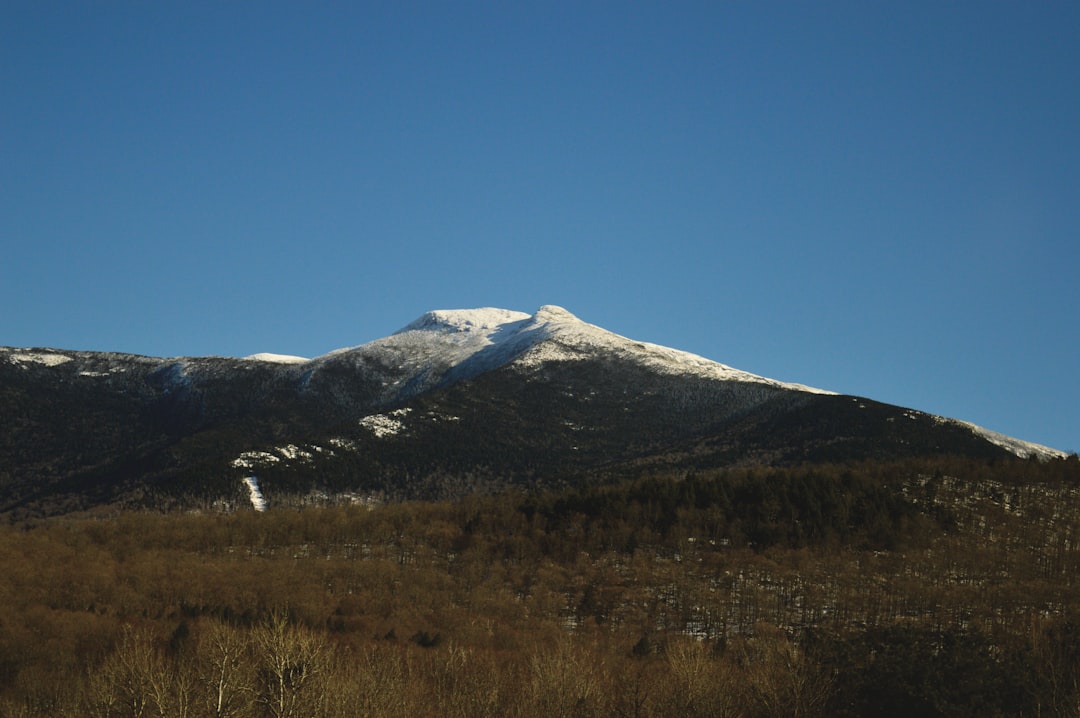
Selling land in Montana can be an exciting venture, especially for those looking to capitalize on the burgeoning real estate market.. Whether you’re parting with a family inheritance or simply looking to liquidate assets, selling your Montana land for cash quickly requires strategic planning and informed decision-making.
Posted by on 2024-09-30
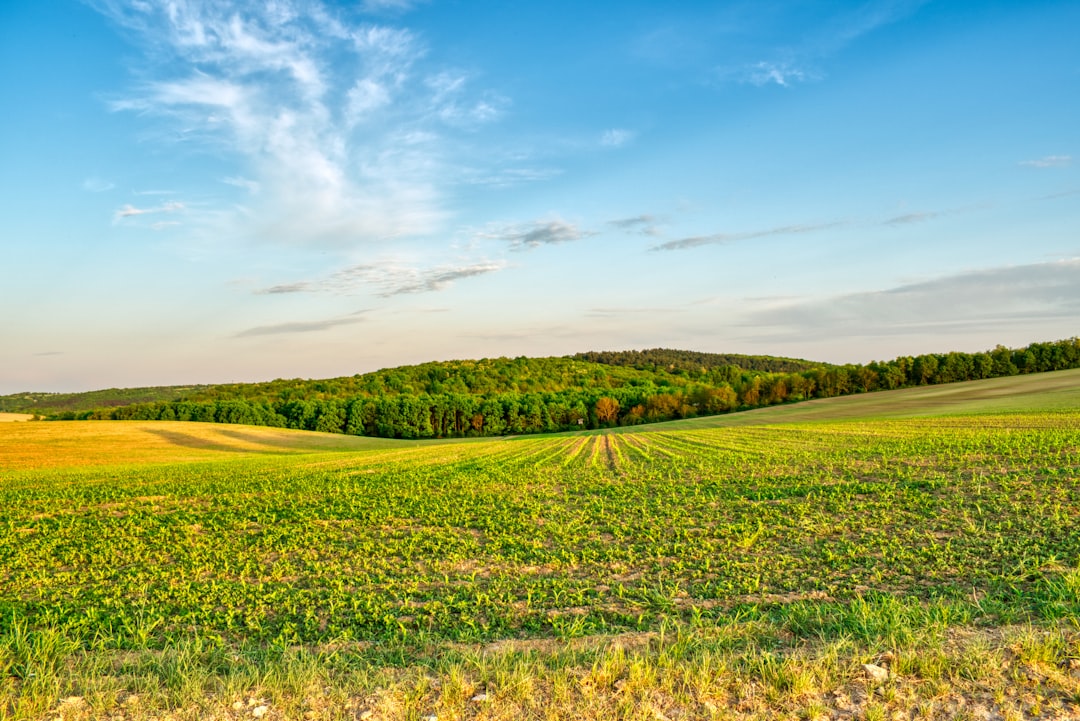
`Selling Montana land for quick cash involves a blend of strategic planning, understanding the local real estate market, and navigating legal procedures.. With its wide-open spaces, majestic landscapes, and unique appeal, Montana attracts a variety of buyers—from investors seeking new opportunities to individuals yearning for a slice of the serene countryside.
Posted by on 2024-09-30
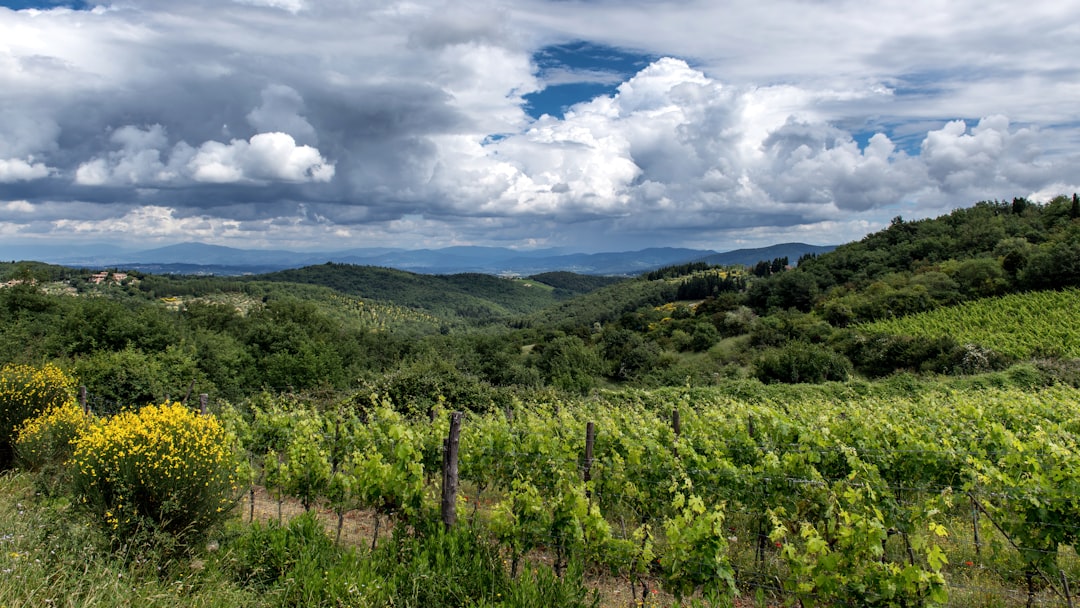
Unlocking the secrets of selling your Montana land for cash quickly is an endeavor that combines practicality, strategy, and a touch of local charm.. Montana, with its vast landscapes and breathtaking vistas, offers unique opportunities for sellers looking to convert their property into liquid assets efficiently.
Posted by on 2024-09-30
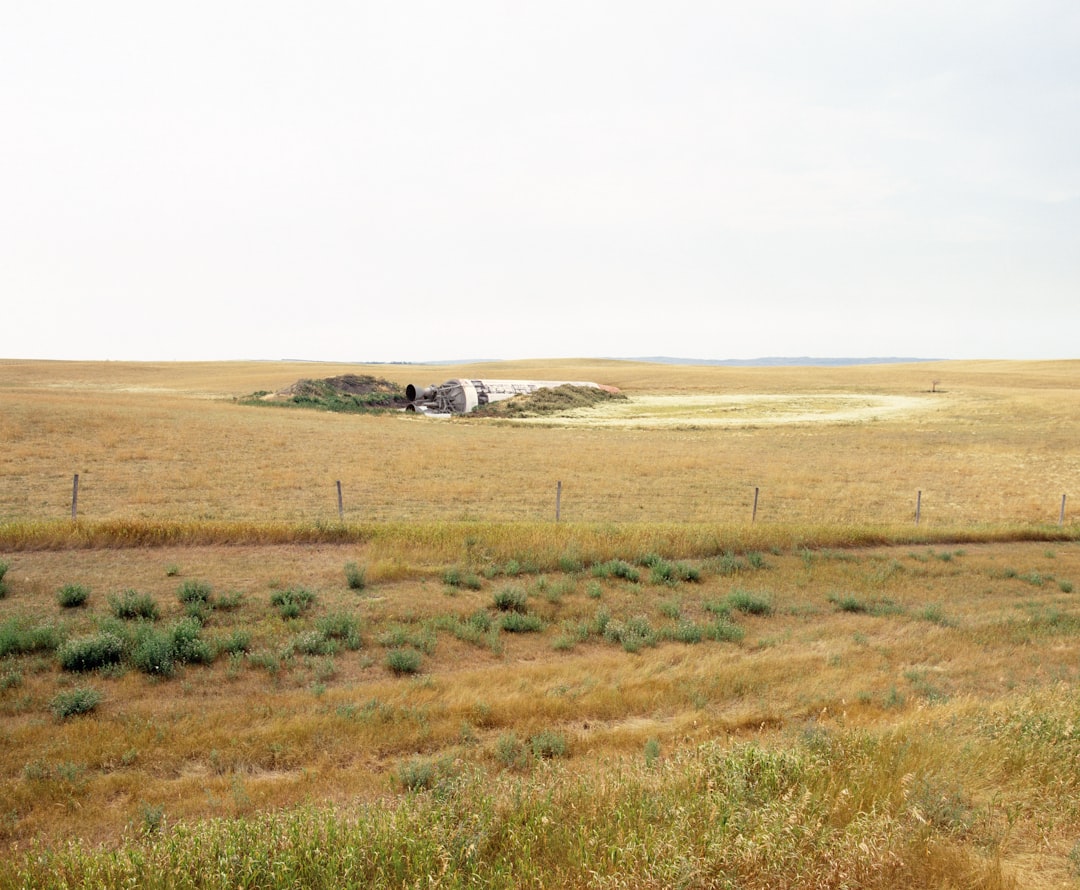
Title: How to Turn Your Montana Land into Instant Cash: A Step-by-Step Guide Introduction Montana, often referred to as "Big Sky Country," is renowned for its vast landscapes, majestic mountains, and tranquil plains.. For those who own land in this beautiful state, it represents not only a piece of paradise but also a potential financial asset.
Posted by on 2024-09-30
The quest for space — for the freedom to roam, breathe, and live unencumbered — is a deeply ingrained human desire. Montana offers this in spades. Acres upon acres of open land present an escape from the claustrophobia of crowded city life. For many, the ability to step outside and not see another soul for miles is not just appealing, it's therapeutic.
This expanse also affords privacy and autonomy, attracting individuals looking to leave a legacy or create a self-sustaining lifestyle. Wide open spaces in Montana provide the room to build not just homes, but also memories, dreams, and legacies that can span generations.
Moreover, these wide open spaces allow for biodiversity to thrive, creating an environment where humans and wildlife can coexist peacefully. It's an immersive experience that continuously resonates with those who yearn to be part of something greater than themselves.
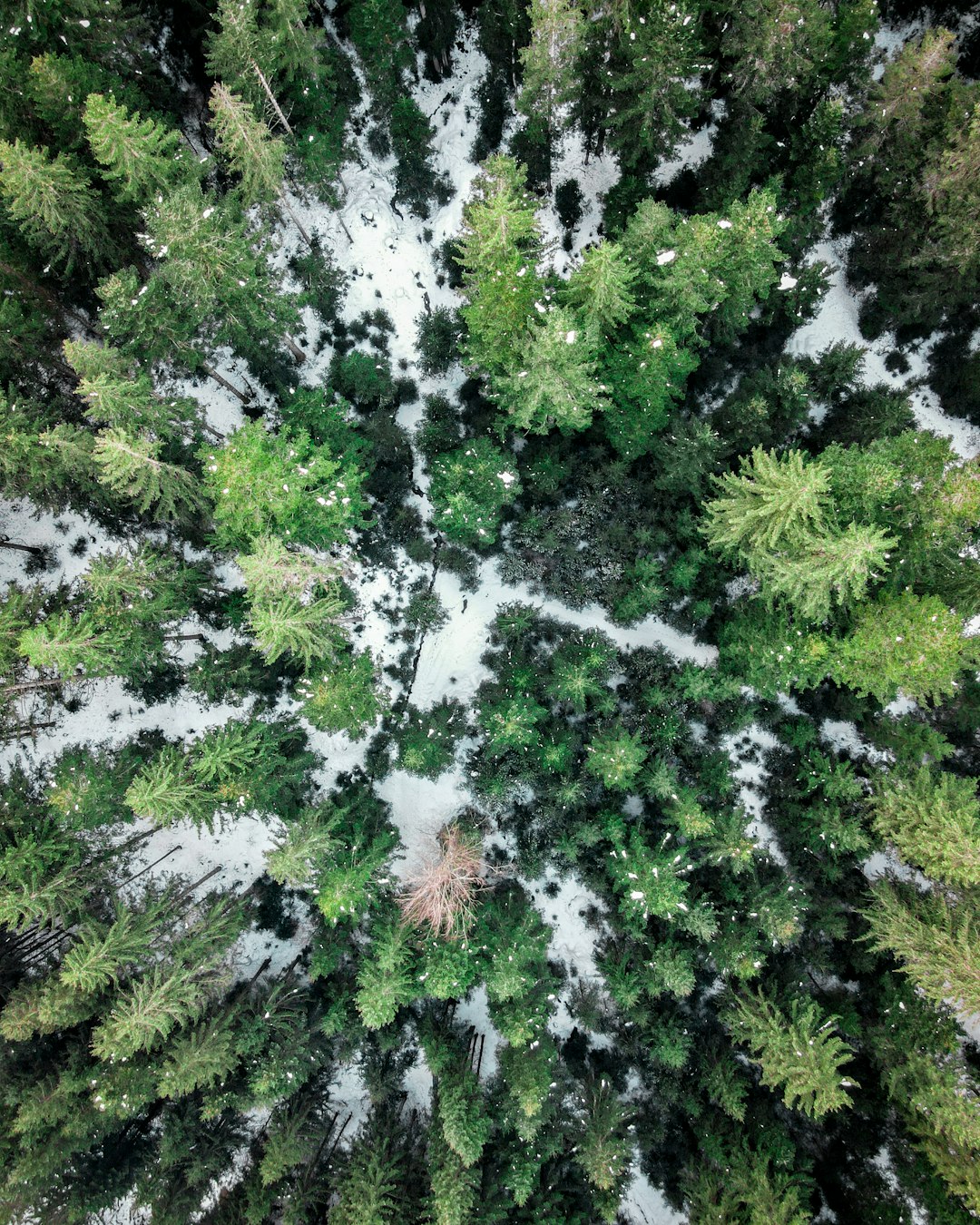
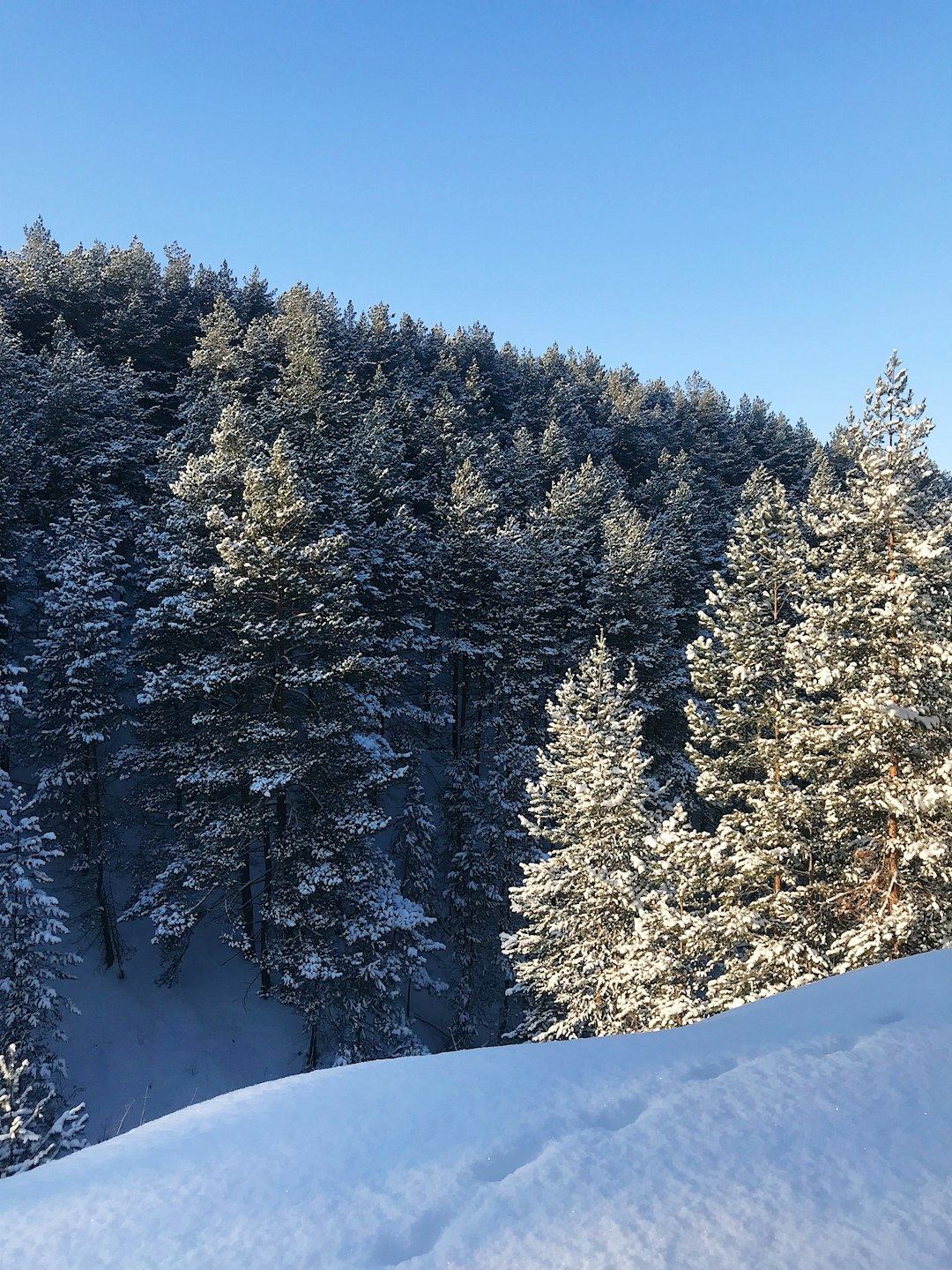
Investing in Montana land is more than just acquiring real estate; it's buying into a slice of American heritage. As populations grow and urban sprawl continues, the intrinsic value of vast, undeveloped land has never been more evident. Such properties are not only limited in supply, making them inherently valuable, but they also offer a multitude of revenue-generating opportunities.
From leasing land for agricultural use to capitalizing on Montana's flourishing tourism industry through lodging and guided experiences, the possibilities are extensive. Additionally, conservation easements provide tax incentives and can be a financially savvy way to protect the land's natural resources while still owning and enjoying it.
With careful planning and strategic development, Montana property can yield significant returns. Whether it's through appreciation over time or the income derived from the land’s use, the investment potential is as broad as the Montana horizon.
While the thought of building on Montana land excites the imagination, prospective landowners must navigate a series of considerations to ensure their dream structures comply with local ordinances and environmental guidelines. From obtaining the necessary permits to respecting the local ecosystem, the development process is one that requires patience and attention to detail.
It's also important to think logistically. Factors such as accessing utilities, constructing roads, and the soil's suitability for construction must all be factored into the planning stages. These considerations significantly impact the timeline and budget of any development project.
Furthermore, the architectural integrity in certain regions of Montana is preserved through building covenants and design guidelines. These regulations help maintain the visual cohesiveness and character of the area, which is often of paramount concern to residents and planners alike.


Life in Montana is as much about embracing a particular ethos as it is about owning property. The Montana lifestyle embodies a deep respect for the environment, a community spirit that favors cooperation, and a self-reliance that comes from living among the elements. Those who choose to buy land in Montana often do so not just to possess a piece of property, but to integrate into a way of life that is both challenging and uniquely rewarding.
Montana's changing seasons dictate a life that is rhythmically tied to nature. From the daily tasks of maintaining one's property to enjoying the recreational activities that change with the seasons, life here is lived in vivid color and palpable textures.
To truly appreciate and thrive in Montana, one must be willing to adapt. The contrast between the tranquility of a snow-laden winter morning and the bustling energy of a summer's day in the fields illustrates the dynamic range of experiences available to those bold enough to call Montana home.
As custodians of the land, property owners in Montana have a crucial role in its preservation. Conservation efforts such as wildlife habitat preservation, sustainable land management practices, and proactive firefighting measures are not just recommended, they are often ingrained in the local culture.
Participation in conservation programs can enhance not only the ecological state of the land but also its value. Stewardship is seen as both a privilege and a responsibility, with many landowners taking pride in their contributions to sustaining the beauty and health of Montana’s landscapes.
Through thoughtful stewardship, Montana's lands are more than just static assets; they’re dynamic ecosystems that enrich and sustain both the wildlife and the people who live among them. This synergy between ownership and conservation is key to preserving the very qualities that make Montana land so desirable.
In conclusion, the call of Montana is manifold; an invitation to experience the vastness of nature, to seek opportunities for investment, and to partake in a lifestyle that is historically rooted and contemporaneously cherished. Purchasing land in Montana is not merely a financial transaction; it’s an investment in a way of life. Whether driven by the allure of profitability or the quest for tranquility, navigating the landscape of Montana land sales requires an attentive approach that balances the pragmatics of real estate with the rhythms of the natural world. Heed the call and you may just find your niche in the rolling hills and towering peaks of Montana, a timeless refuge in our ever-evolving American tapestry.

Ensure clear title ownership, resolve any liens or encumbrances, and prepare necessary documentation like deeds and disclosure forms.
An earnest money deposit is usually held by an escrow company until closing; it serves as a commitment from the buyer towards purchasing your property.
Researching market trends, pricing competitively, enhancing property appeal, and targeting cash buyers can expedite the sale process.
While not required, a real estate agent can provide valuable insights into pricing, marketing strategies, and negotiations.